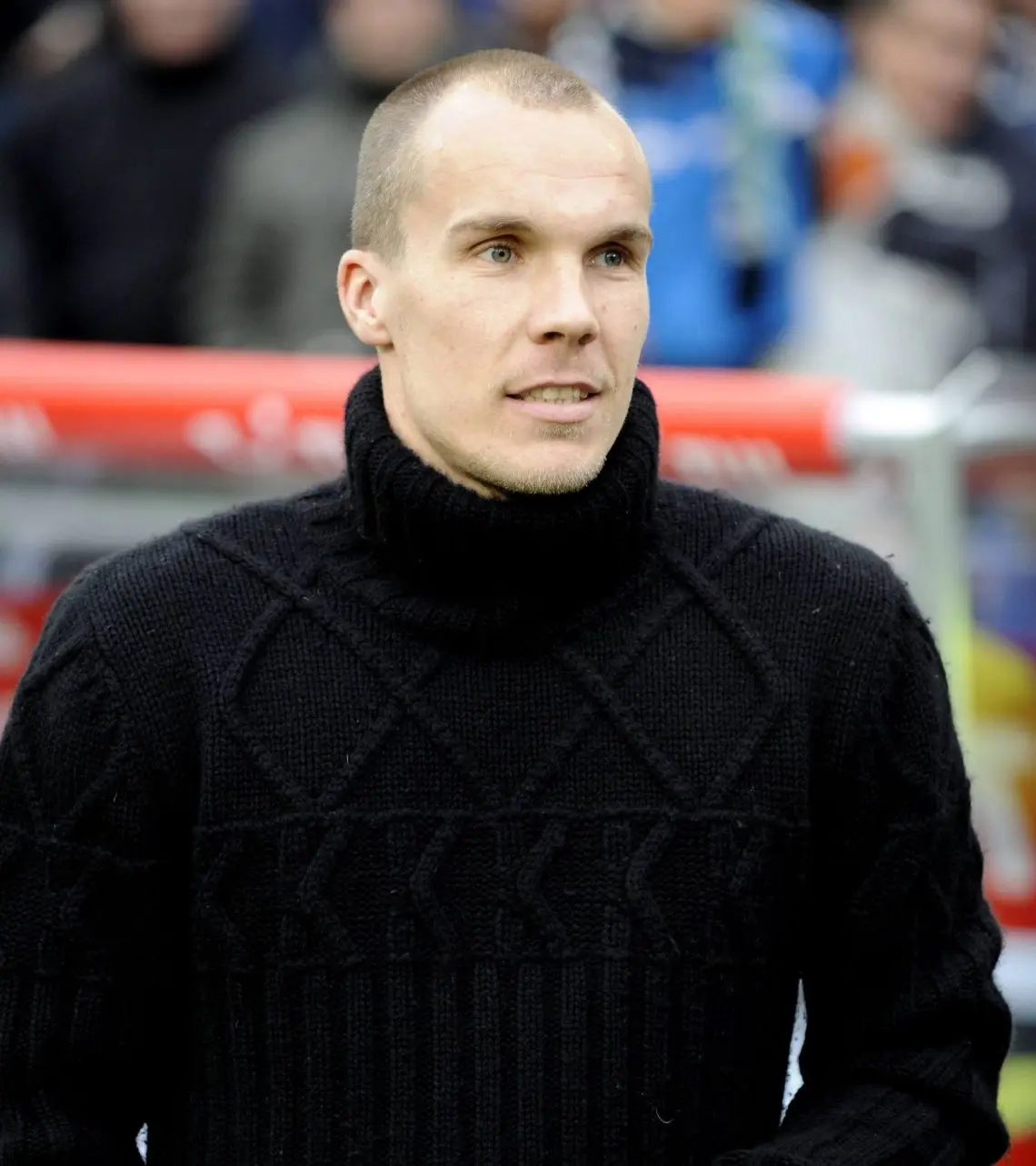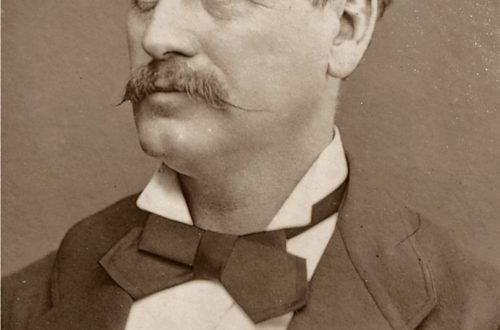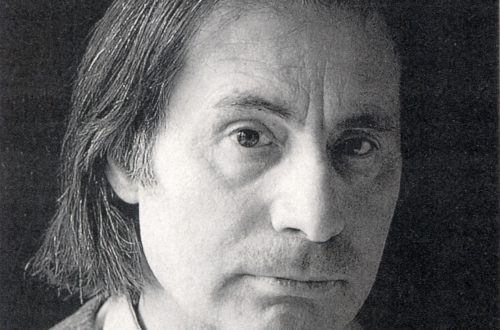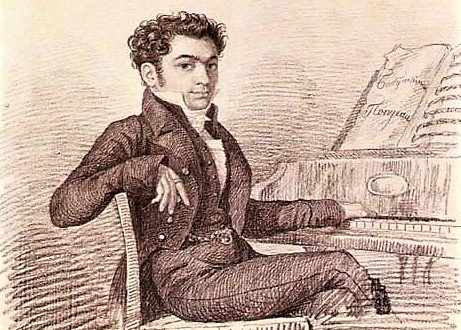
Vladimir Robertovich Enke (Enke, Vladimir) |
Contents
Enke, Vladimir
Soviet composer. In 1917-18 he studied at the Moscow Conservatory in piano with G. A. Pakhulsky, in 1936 he graduated from it in composition with V. Ya. Shebalin (previously studied with A. N. Aleksandrov, N. K. Chemberdzhi), in 1937 – graduate school under her (head Shebalin), In 1925-28 literary editor of the magazine “Kultpokhod”. In 1929-1936, music editor of the youth broadcasting of the All-Union Radio Committee. In 1938-39 he taught instrumentation at the Moscow Conservatory. Worked as a music critic. He recorded about 200 ditties of the Moscow region (1933-35), as well as a number of ditties and songs of the Riga and Novoselsky districts of the Ryazan region (1936), recorded and processed a number of songs of the Terek Cossacks (1936).
Encke is the author of works of various musical genres. He wrote the Concerto for Symphony Orchestra (1936), the oratorio Political Department Wedding (1935), a number of piano sonatas, and vocal compositions. During the Great Patriotic War, the composer created the oratorio “Russian Army” (1941-1942).
Encke’s significant work, created in the post-war years, is the opera “Love Yarovaya”, staged by musical theaters in Moscow, Leningrad, Lvov, Kuibyshev.
Encke finished the opera “The Rich Bride” – it was started by the composer B. Troshin, who wrote two paintings.
Compositions:
operas – Lyubov Yarovaya (1947, Lvov Opera and Ballet Theater; 2nd edition 1970, Donetsk Opera and Ballet Theater), Rich Bride (together with B. M. Troshin, 1949, Lvov Opera and Ballet Theater ballet); operetta – Friendly hill (together with B. A. Mokrousov, 1934, Moscow), Strong feeling (lib. I. A. Ilfa and E. P. Petrov, 1935, ibid.); for soloists, choir and orchestra – suite-oratorio Politotdelskaya wedding (lyrics by A. I. Bezymensky, 1935), cantata-oratorio to the Russian army (1942), oratorio The road to my homeland (lyrics by K. Ya. Vanshenkin, 1968); for orchestra – Symphony (1947), Concert of masters of the orchestra (1936), Indestructible city (4 poems about Leningrad, 1947), fantasy Master and Margarita (1980); concerto for cello and orchestra (1938); for piano, including 3 sonatas (1928; 1931; Marine Sonata, 1978); for voice and piano – romances on cl. B. L. Pasternak (1928), R. M. Rilke (1928), Hungarian notebook on the next page. A. Gidasha (1932), 7 romances per line. A. S. Pushkin (1936), 8 romances per line. HM Yazykova (1937), 8 romances per line. F. I. Tyutcheva (1943), 6 romances per line. F. I. Tyutcheva (1944), 12 romances per line. A. A. Blok (1947), 7 romances to the words of owls. poets (1948), romances on the lyrics. V. A. Soloukhin (1959), L. A. Kovalenkov (1959), A. T. Tvardovsky (1969), A. A. Voznesensky (1975), romances on the lyrics. A. A. Akhmatova, O. E. Mandelstam, M. I. Tsvetaeva (1980), Song about Lenin (lyrics by N. Hikmet, 1958), Lenin’s portrait (lyrics by Vanshenkin, 1978); songs; music for drama performances. t-ditch, including “Much Ado About Nothing” by Shakespeare (Leningrad t-r named after Lenin Komsomol, 1940), etc.





